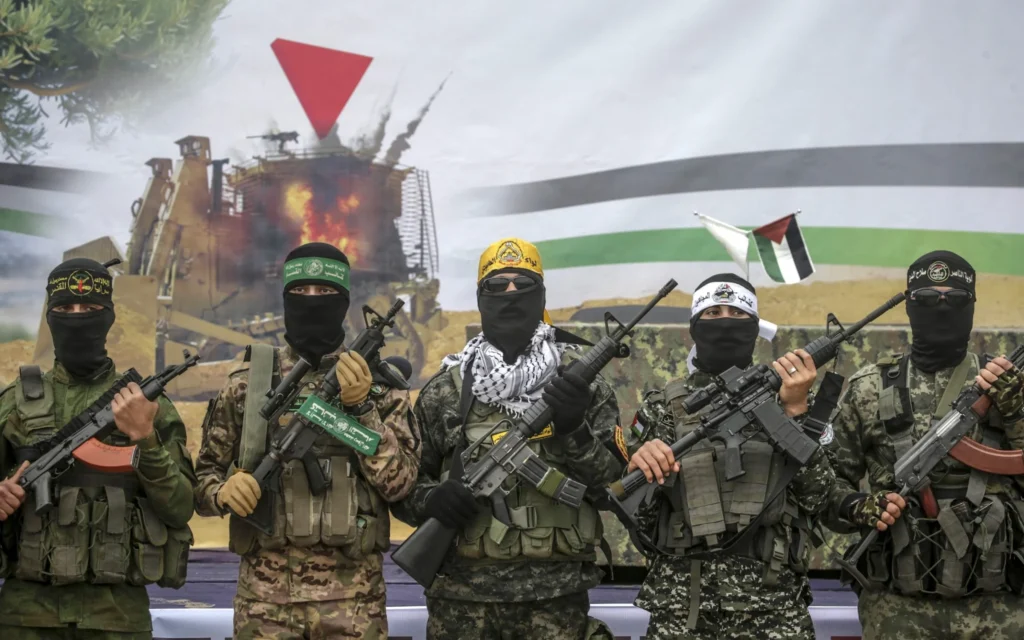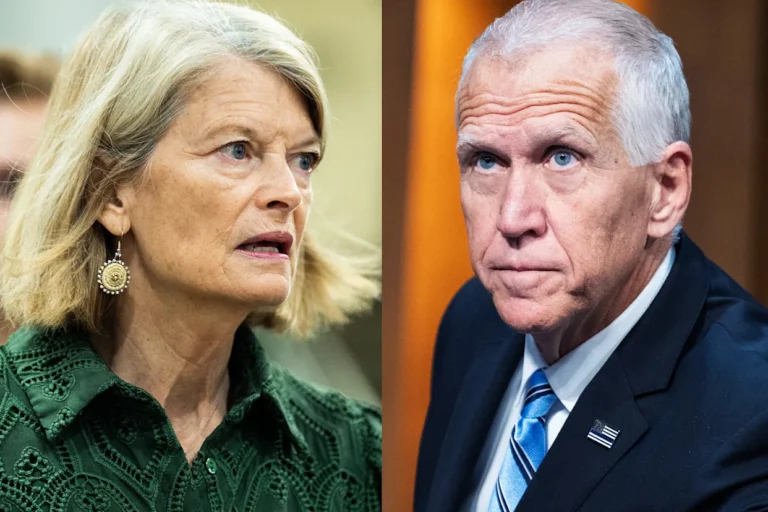
Next month, at the United Nations General Assembly in New York, governments around the world intend to recognise a Palestinian state in the hope of ending the war in Gaza and alleviating the suffering of its people.
The idea of a two-state solution is not new. In November 1947, the General Assembly voted to partition the British Mandate of Palestine into two states: one Arab, one Jewish. The Jews agreed. The Arabs did not.
More recently, in 2005, the complete Israeli disengagement from the Gaza Strip was seen by many, including Ariel Sharon, the then Israeli prime minister, not generally considered a peacenik, as the start of a two-state solution.
What is new about the current push for recognition of a Palestinian state is the backdrop against which it is due to happen.
Governments, including our own, have decided to recognise a Palestinian state, seemingly without tying that commitment to any reciprocal commitment on the part of Hamas to release the hostages it took at gunpoint on October 7 2023 and have held, away from the eyes of the world, in inhumane conditions ever since.
In other words, governments have been clear on the what – that Hamas must release all the hostages immediately, agree to disarm, and play no future role in the government of Gaza – but not the how.
And that lack of reciprocity matters because of how Hamas will interpret it. The political wing of Hamas, like every other branch of the Muslim Brotherhood, sets great store on the ability to deliver for their people. That belief is the core of their legitimacy.
Social services, free health care, education, to name a few: over the decades, across the Arab world, the Muslim Brotherhood has built up vast networks of support for people, particularly in poor, urban areas.
That sense of delivering from the ground up is one of the reasons why, on the very rare occasions there are free and fair elections in the Arab world, the Muslim Brotherhood is so often the winners: Algeria in the early 1990s, the Palestinian Authority in 2006, and Egypt in 2012. All elections, it should be noted, whose outcomes were either overturned by the existing ruling order or not recognised internationally.
Right now, with Gaza in ruins, with the death toll of Palestinians continuing to rise, the decision by Hamas to launch an unprovoked invasion of Israel does not look like a decision that has delivered anything but disaster for the Palestinian people.
But recognition of a Palestinian state at this time, in this way, gives Hamas an out. It offers the terror group the opportunity to justify the horrors of October 7 because it will say its actions delivered.
It will say Yasser Arafat went to the White House, famously shook hands with Clinton and Rabin on the lawn, and won a Nobel Peace Prize for his efforts but even he couldn’t gain recognition for a Palestinian State.
It will say Mahmoud Abbas likewise pursued the path of peace and did what he was told by the West but he, too, couldn’t gain recognition for a Palestinian State. It will say that when everything else failed, Hamas, and Hamas alone, delivered international recognition of a Palestinian State.
The British Government might be hoping that recognising a Palestinian state will help break the horrific cycle of mutually assured destruction we are witnessing in the Middle East. But hope rarely withstands contact with the harsh realities of power in the region.
And to recognise a Palestinian state while there are still hostages alive in the tunnels of Gaza and to expect nothing concrete of Hamas in return might very well achieve the opposite of what the Government hopes for.
If Hamas can achieve an outcome no other Palestinian group or leader could, not even a Nobel Laureate, and it can do it while committing to nothing, while giving nothing away, why would it release the hostages?
As if this weren’t enough of a complication, there is another issue with the Government’s decision to recognise a Palestinian state in this way, at this time. If it truly believe in this, shouldn’t it believe in it in and of itself?
And not as a punitive measure against Israel? To recognise a Palestinian state in the way the Government proposes to do keeps us locked in the dead-end cycle of taking sides, of for-or-against, of all-or-nothing, that has led nowhere.
Couldn’t we shift our thinking from either/or and start seeing the way out of this nightmare as and/and? Couldn’t we change direction, deny Hamas its claim of delivery, convert the what into the how and link recognition of a Palestinian State at this time to an immediate release of all hostages?
Admittedly, it won’t solve the long-term issues or address the root causes of this complex, complicated conflict. But it would be a start. And it would bring relief to the hostages, their families, and the people of Gaza.

Enough time has been wasted on outdated thinking that leads nowhere and helps no one. And anyone who saw the recent images of Evyatar David knows time is a luxury the hostages don’t have.
To end this war, we have to remember how it started: with the massacres of Oct 7 and the taking of hostages. The immediate release of all hostages, those alive and those no longer alive, is the key to unlocking the current impasse and beginning the process of ending this war. It should be everyone’s priority.









